Includes information for London Fields Brewery.
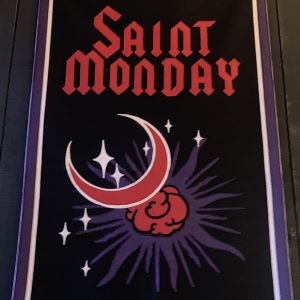
Brewery, taproom
Original site (as London Fields): 374 Helmsley Place E8 3SB (Hackney)
Current site: 4 Warburton Road E8 3RR (Hackney)
saintmondaybrewery.uk
First sold beer: 26 August 2011 (as London Fields at original site)
Brewing suspended: March 2015
Brewing restarted: September 2019
Brewing suspended again: 8 December 2021
Brewing restarted again (as Saint Monday): August 2023
Saint Monday is the brewing arm of beer-friendly London pub and bar group Grace Land, which bought the former London Fields brewery in Hackney, founded in 2011, from owners Carlsberg in May 2023, selling the first beers under the new brand through its outlets from early August and reopening the taproom on 12 August. The head brewer is Mark Walewski, formerly at Signature and Mikkeller among others.
Grace Land is an offshoot of the Barworks group, founded in 1997 by Andreas Akerlund, Marc Francis-Baum and Patrik Franzenand, with a single venue, Soho cocktail bar Two Floors, opening in 1998 (since closed). Many more venues followed, with a growing interest in speciality beer, and in 2009 the group supported the expansion of Camden Town Brewery from its brewpub roots, with the venues providing key early outlets for its beer. The company’s direct interest in Camden Town ceased when the brewery was sold to AB InBev in 2015, but several of the venues continued to stock the beers.
That same year, Andreas set up Grace Land as a separate group in partnership with Anselm Chatwin, with a particular focus on venues specialising in craft beer. This eventually became independent of the parent group. The company briefly experimented with brewing in 2013-2014, installing the Earls Brewery in the cellar of its Islington pub the Earl of Essex, but this was discontinued following the departure of the brewer and problems with infections and cellar space.
Following the lockdowns, the majority of Barworks venues, apart from a handful largely focused on spirits and cocktails, were sold to Urban Pubs and Bars, with a consequent reduction in the beer range. But Grace Land continued as before with a firm focus on beer, so its move into brewing is particularly appropriate.
The original London Fields premises in Helmsley Place are also now leased by Saint Monday, but are used as a warehouse rather than an events venue.
A wide range of beers is sold from tank and keg at the taproom and from keg at Grace Land’s six other outlets. Canning may follow in 2024.
London Fields Brewery
The first new London brewery to be opened following publication of the first edition of London’s Best Beer in 2011, London Fields, around the corner from the historic open space of the same name, heralded a brewing renaissance in East London in general and Hackney in particular. The original site was in railway arches in Helmsley Place, with a small 4 hl kit, expanded to a bigger arch at the present address a few doors away in April 2012, with a 16 hl kit from the former Ventnor brewery on the Isle of Wight.
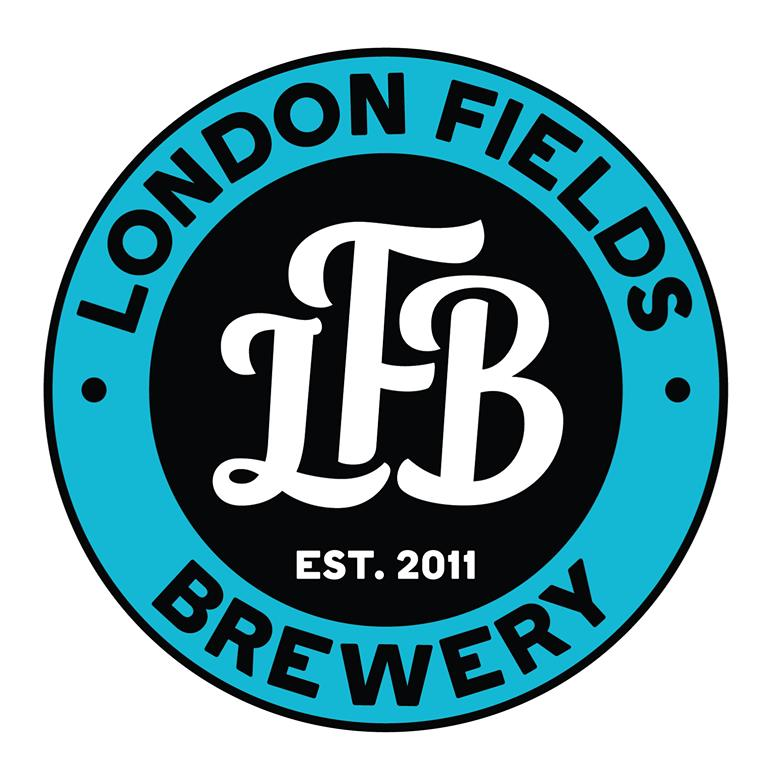
There was much speculation about the brewery’s future at the end of 2014 following publicity around founder Jules Whiteway, a convicted drug dealer overdue in repaying his criminal profits to the taxpayer, who was arrested again in December for alleged VAT avoidance, though later acquitted. By March 2015 the brewing kit had been sold and many of the staff made redundant, but the taproom seemed as busy as ever, selling own-branded beers now contract-brewed outside London, mainly at Tom Wood Beers in Lincolnshire.
When Copenhagen-based Carlsberg became the latest multinational to buy into the London ‘craft’ scene in July 2017 by acquiring London Fields in a joint venture with Brooklyn Brewery of New York City, some beer commentators were unconvinced it could turn around the brand’s reputation. But around £2.1 million of investment, alongside expert advice and support from Brooklyn staff, suggested a more promising future.
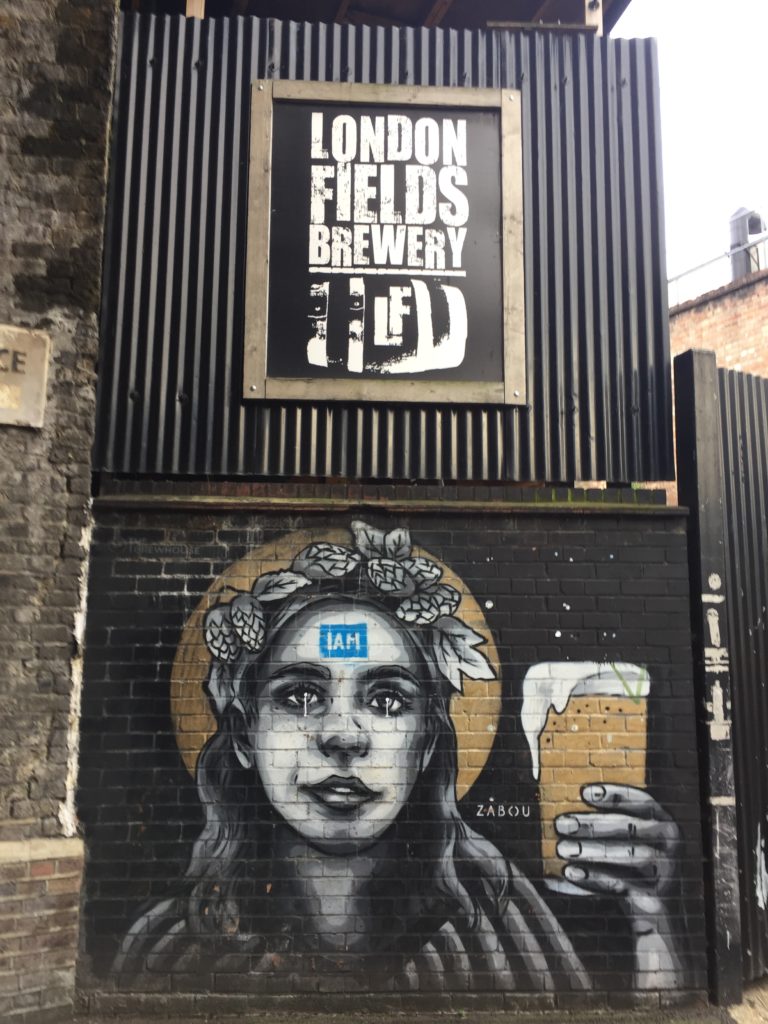
Brewing of the core brands initially returned to London with the help of Truman’s (now Big Penny), and following an eight-month closure, the taproom reopened in September 2019 when the new owner delivered on its promise of restoring brewing to the site. Though the core brands continued to be outsourced to Truman’s, a new 15 hl automated German-built Kaspar Schultz two-vessel kit began producing specials and short runs.
With a higher spec than most London breweries of this size, the facility boasted steam heating, its own grist mill, a dedicated souring tank and a small canning line. The generously-sized taproom was refurbished and decorated with a 12 m mural by local artist Luke McLean, also responsible for the packaging design, while the original arches in Helmsley Place remained as an events space.
Production of the core brands had moved out of London again by mid-2020 as Truman’s was forced to relocate to a new site with reduced capacity. The contract shifted to Cameron’s in Hartlepool, northeast England, while in-house brewing continued largely for sale on-site, including various low alcohol options. Then the parent company restructured in November with the formation of the Carlsberg Marston’s Brewing Company (CMBC).
On 8 December 2021, CMBC unexpectedly announced that it was closing the brewery and taproom with immediate effect and putting them up for sale, along with the brands, and beginning a consultation with staff, all of whom were now under threat of redundancy. Contract brewing at Camerons would continue until the sale was complete. This was the second example in London of a multinational brewer buying and then shedding a ‘craft’ brewery, following Molson Coors’ sale of Hop Stuff earlier in the year.
According to CMBC CEO Paul Davies, the company had concluded that growing the brand sufficiently would require resources better allocated elsewhere. Following the announcement, there was much speculation on social media that sales had been disappointing because the brand was still toxified by its chequered past. But while the history seems important to those on the beer scene who know about it, I doubt it made much difference to the wider drinking public, who seemed happy to flock to the taproom even in the last days of the old regime. More likely the sale was the result of Carlsberg’s priorities shifting in response to more dramatic changes, such as the impact of Covid-19 and the incorporation of Marston’s brewing operations, which must have seemed much more significant internally.
The facility remained mothballed until May 2023 when, in a promising development, it was bought and revived by Grace Land, as described above. The new owner decided to break decisively with the past by creating a new Saint Monday brand. It’s not clear if CMBC have retained any interest in the former London Fields brands but they appear to have dropped from circulation, with a beer previously brewed for renowned Indian restaurant Dishoom now produced at Mondo.
Updated 14 December 2023.


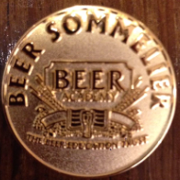
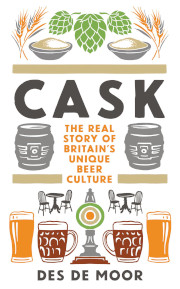
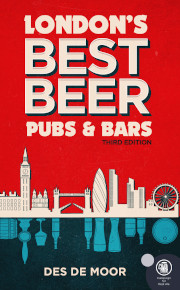
Leave a Reply